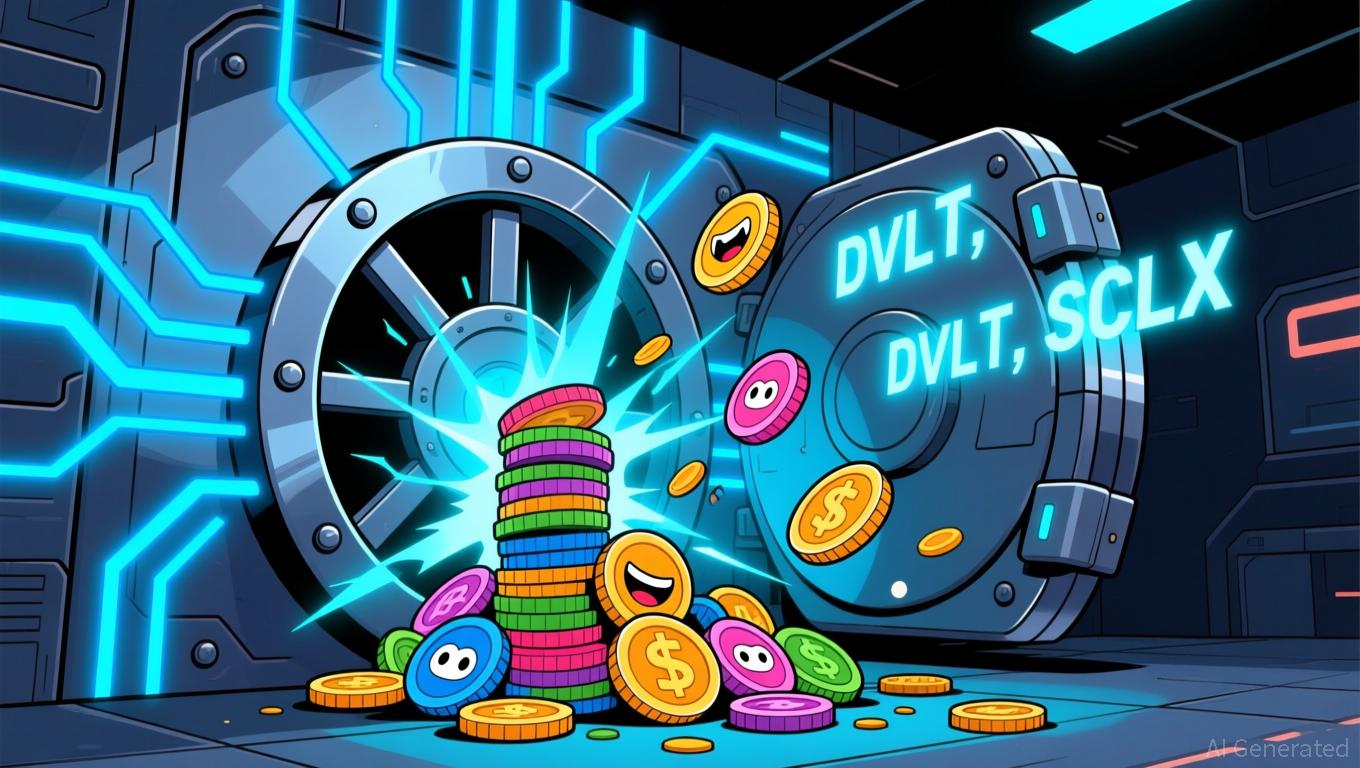The Decentralized Map Paying for Data That Google Uses for Free
OpenLedger, a blockchain infrastructure firm building out AI systems for transparent data attribution, is expanding its ecosystem with the addition of SenseMap, a new decentralized mapping network.
The platform enables users to contribute real-time information such as safety, crowd levels, and noise, all of which are verified on-chain and used to build an open, community-owned map.
“In places traditional maps overlook, local contributors can fill the gaps by sharing real-time context—roads, crowd density, safety, or accessibility details,” Ram Kumar, core contributor at OpenLedger, told Decrypt.
Each submission is tied to a verified on-chain identity and reviewed by community validators who earn reputation over time. Reliable contributors gain more influence in the system, while inaccurate or spam entries are flagged and penalized to maintain the trustworthiness of the data.
Asked whether the open model risks low-quality data, Kumar said accuracy is maintained through on-chain reputation, staking, and validator review. “Spamming isn’t just discouraged, it’s economically unsustainable,” he said.
Alphabet, the parent company of Google, reported $82.5 billion in Google Services revenue for Q2 2025, up from $73.9 billion a year earlier, according to its latest earnings release. The services revenue segment includes Maps, Search, and Google Play.
While the company does not break out Maps revenue, analysts have noted its commercial potential as far back as 2019, when Morgan Stanley’s Brian Nowak projected that Google Maps could generate roughly $4.8 billion annually. Later reports indicated that the platform’s ad revenue was on track to reach $11 billion by 2023.
Decrypt reached out to Google to confirm this figure and ask what they think of decentralized alternatives to their product.
OpenLedger claims that as SenseMap expands, its accuracy improves rather than declines, driven by a reputation-based validation system that rewards consistent contributors and verifies every data point through its on-chain Proof of Attribution protocol.
The protocol works by linking each data contribution to a verifiable on-chain record showing who created it, when, and how it’s used in downstream AI models, ensuring that “every new data point strengthens the network’s accuracy instead of diluting it,” Kumar said.
“As the network scales, trust is maintained through a reputation-based validation system,” Kumar explained. “The more consistent and reliable a contributor’s data, the higher their validator weight.”
Other observers note that maintaining accuracy in decentralized mapping depends less on central coordination and more on verifiable data between independent nodes.
“Trust comes from reproducibility,” Arie Trouw, co-founder and CEO of decentralized physical infrastructure network XYO, told Decrypt. When multiple nodes reach the same result through cryptographic proofs, accuracy is established by consensus rather than control, Trouw explained.
He added that decentralized mapping works best where centralized data collection falls short, such as in “developing regions, disaster zones, or rapidly changing urban areas,” where real-time, verifiable updates are most needed.
Disclaimer: The content of this article solely reflects the author's opinion and does not represent the platform in any capacity. This article is not intended to serve as a reference for making investment decisions.
You may also like
Hyperliquid News Today: Hype or Practical Use? The 2025 Altcoin Scene Strives for Equilibrium Between Excitement and Real-World Application
- Datavault AI (DVLT) distributes Dream Bowl 2026 meme coins to shareholders, boosting pre-market shares 4.91% and reflecting meme token-driven retail engagement trends. - Scilex's $150M Bitcoin investment in Datavault and Empery Digital's Bitcoin treasury shift highlight traditional-digital asset convergence amid strategic restructuring. - DeFi innovator Mutuum Finance (MUTM) nears $18.7M presale completion with 250% token growth, while Canary XRP ETF's $26M debut signals institutional altcoin interest. -

DASH surges 21.6% fueled by collaboration with Old Navy and independent growth
- DoorDash shares surged 21.6% in 24 hours after announcing a new on-demand apparel delivery partnership with Old Navy and expanding autonomous delivery in Miami. - The rally followed Q3 revenue growth of 27.3% and a cybersecurity breach disclosure, with the company enhancing security measures and settling a $18M Chicago lawsuit over alleged deceptive practices. - Despite recent gains, DASH remains 26.1% below its 52-week high after a 15.5% drop in October due to weak earnings and EBITDA guidance, with ana
Ethereum News Update: Major investors redirect funds toward AI infrastructure as they reduce holdings in Nvidia
- Bridgewater cut 65.3% of its Nvidia stake in Q3 2025, reflecting institutional caution amid macroeconomic risks and AI-driven capital reallocations. - SoftBank fully exited its $5.8B Nvidia position to fund new AI ventures, while Bridgewater boosted holdings in AI chip manufacturing firms AMAT and LRCX . - Ethereum institutions increased 34% ETH holdings despite price declines, signaling blockchain's growing role in AI infrastructure alongside traditional tech stocks. - Analysts remain bullish on Nvidia'

XRP News Today: XRP ETF Makes History with Nasdaq Launch, Connecting Cryptocurrency and Traditional Finance
- Canary XRP ETF (XRPC) became first U.S. spot XRP ETF on Nasdaq on November 13, 2025, marking XRP's entry into traditional finance. - The SEC-approved fund saw $58M in first-day trading volume, surpassing expectations and outperforming Solana's BSOL ETF debut. - Managed by Canary Capital with 0.5% fees, it reflects regulatory progress after months of scrutiny and aligns with Bitcoin/Ethereum ETF inflow patterns. - Despite XRP's 2.7% post-launch dip, analysts view XRPC as a positive catalyst, with JPMorgan

